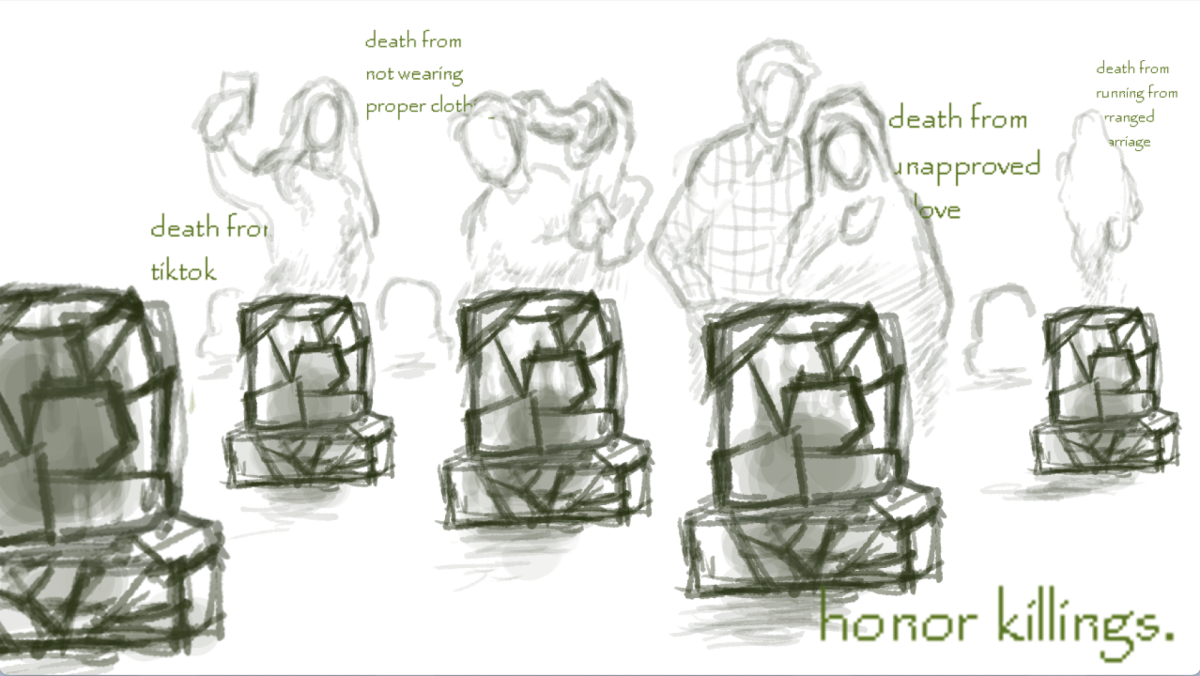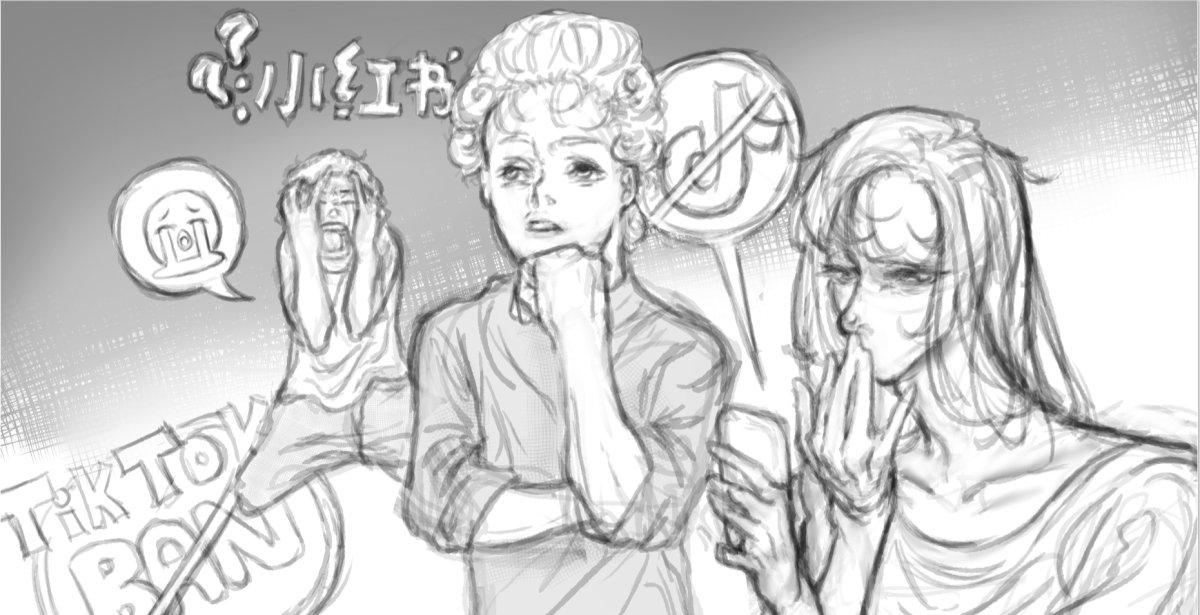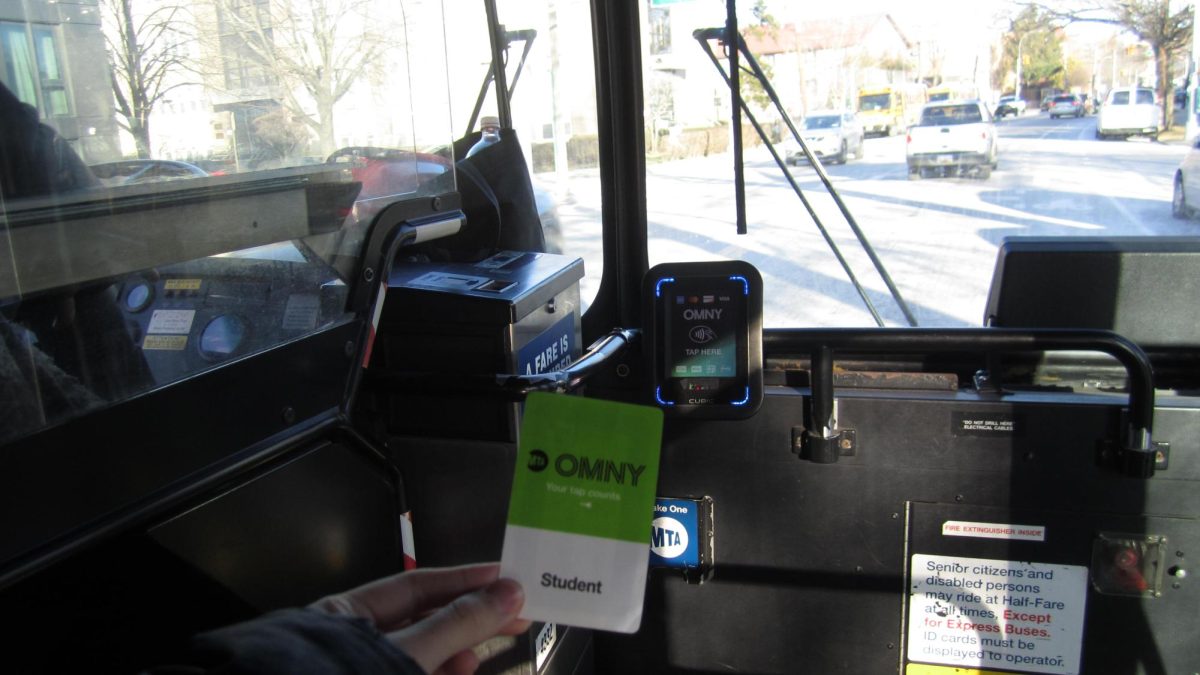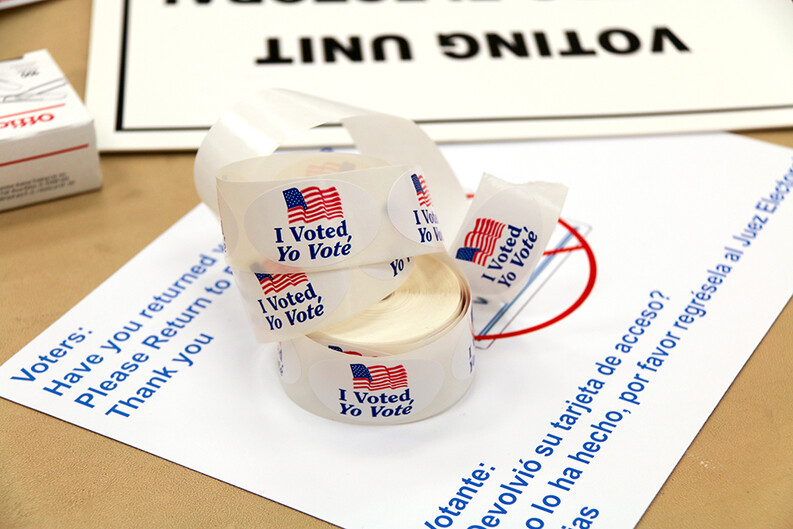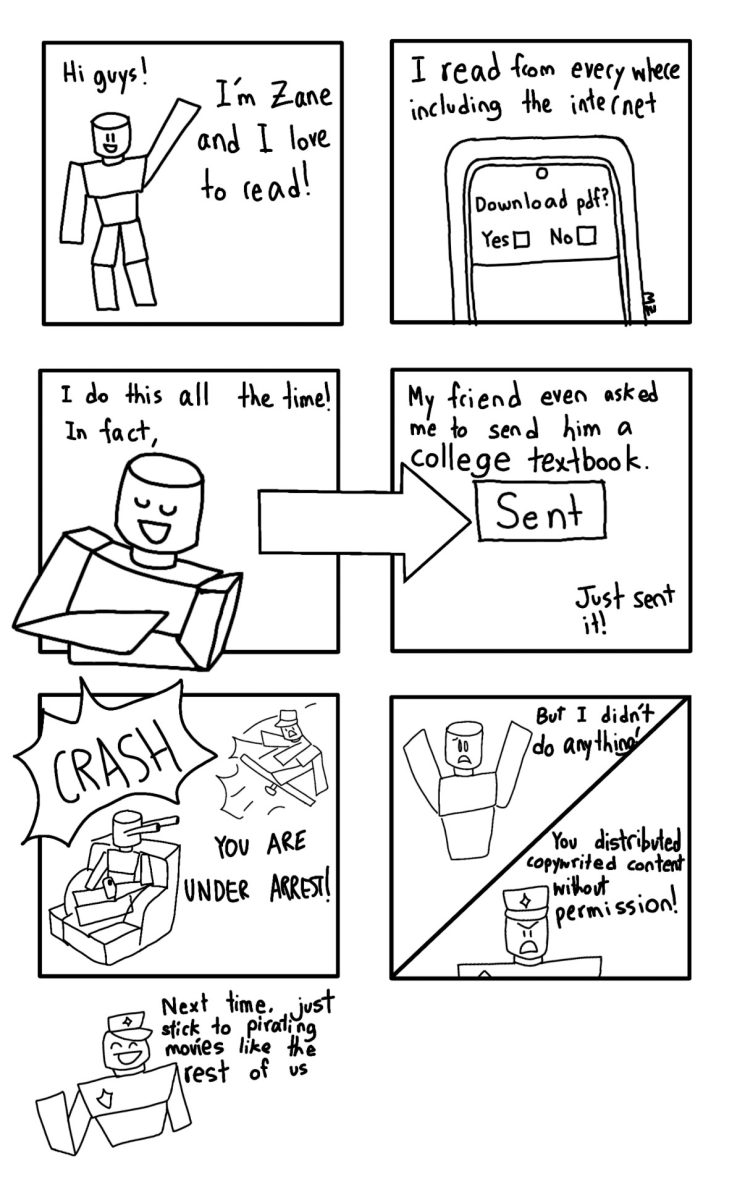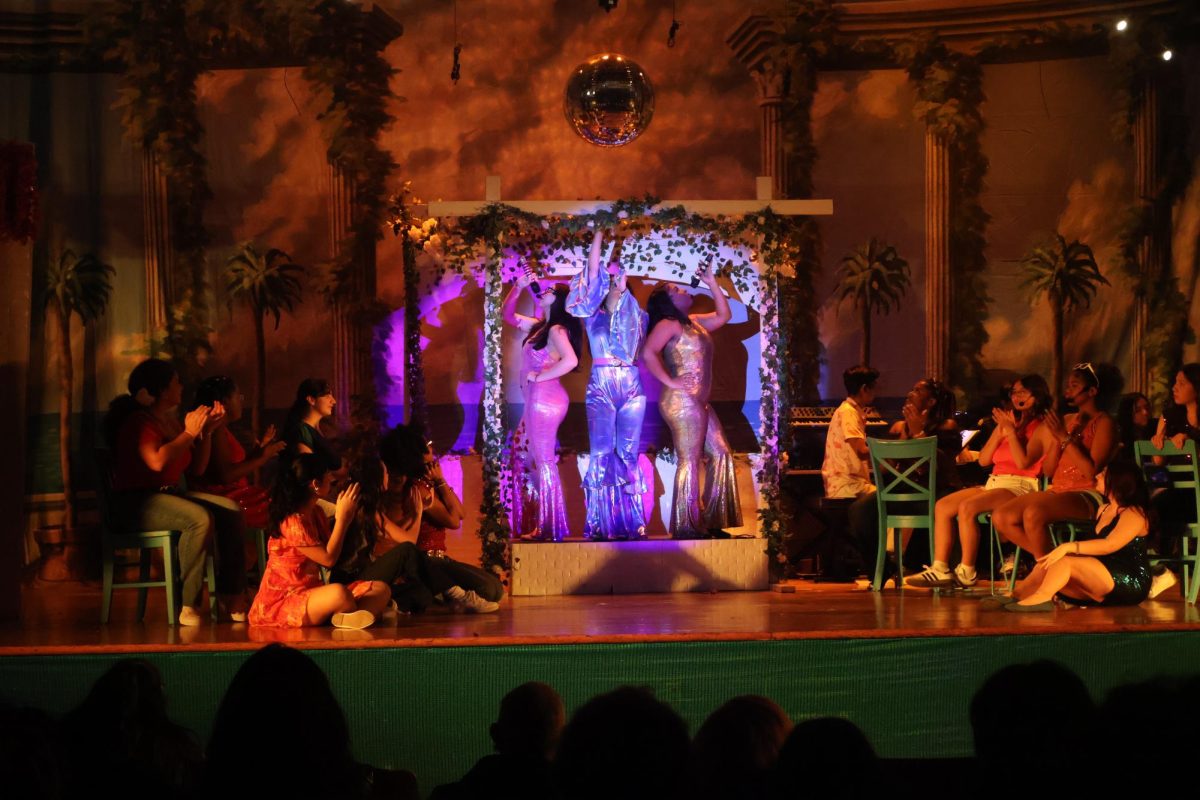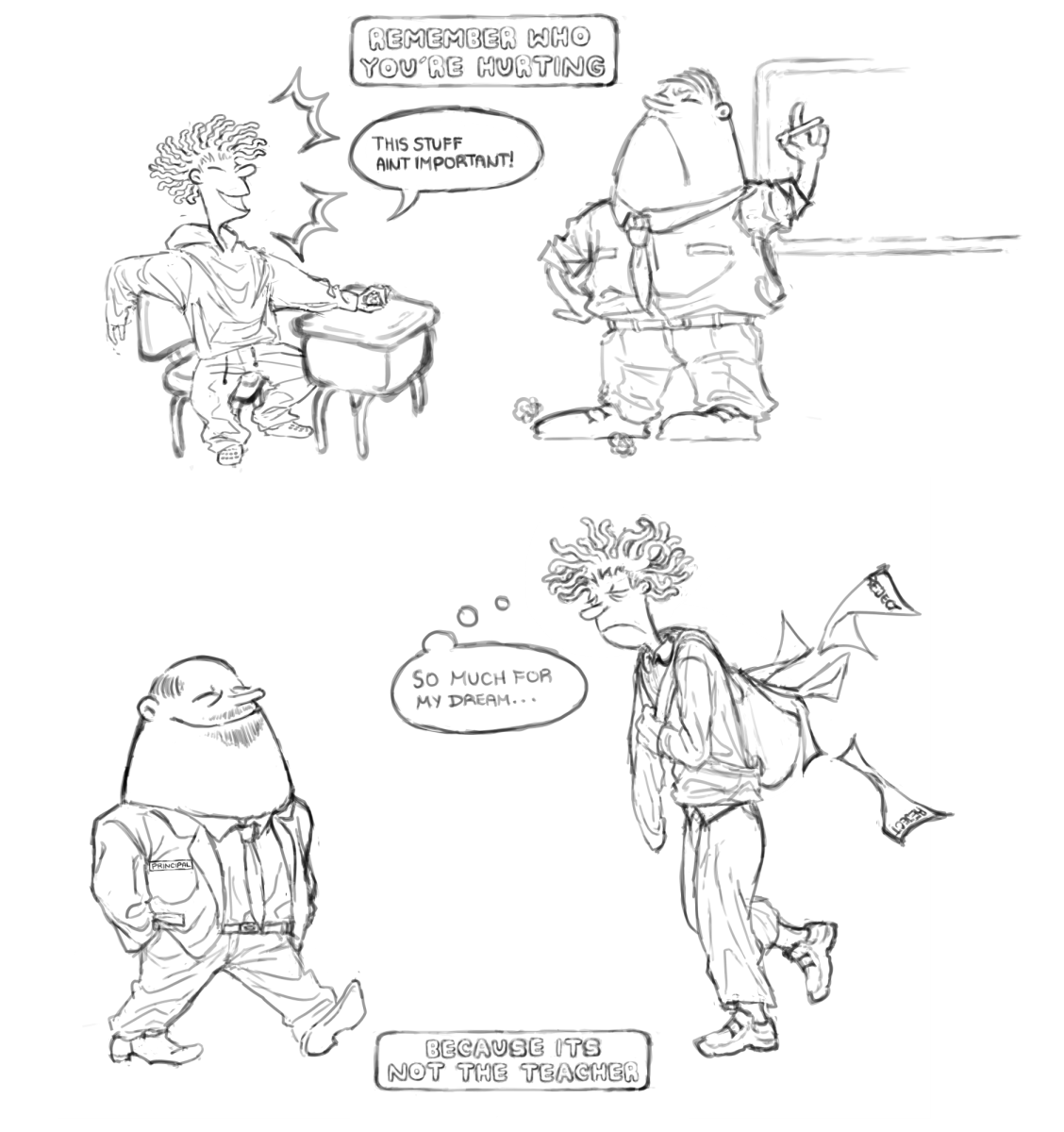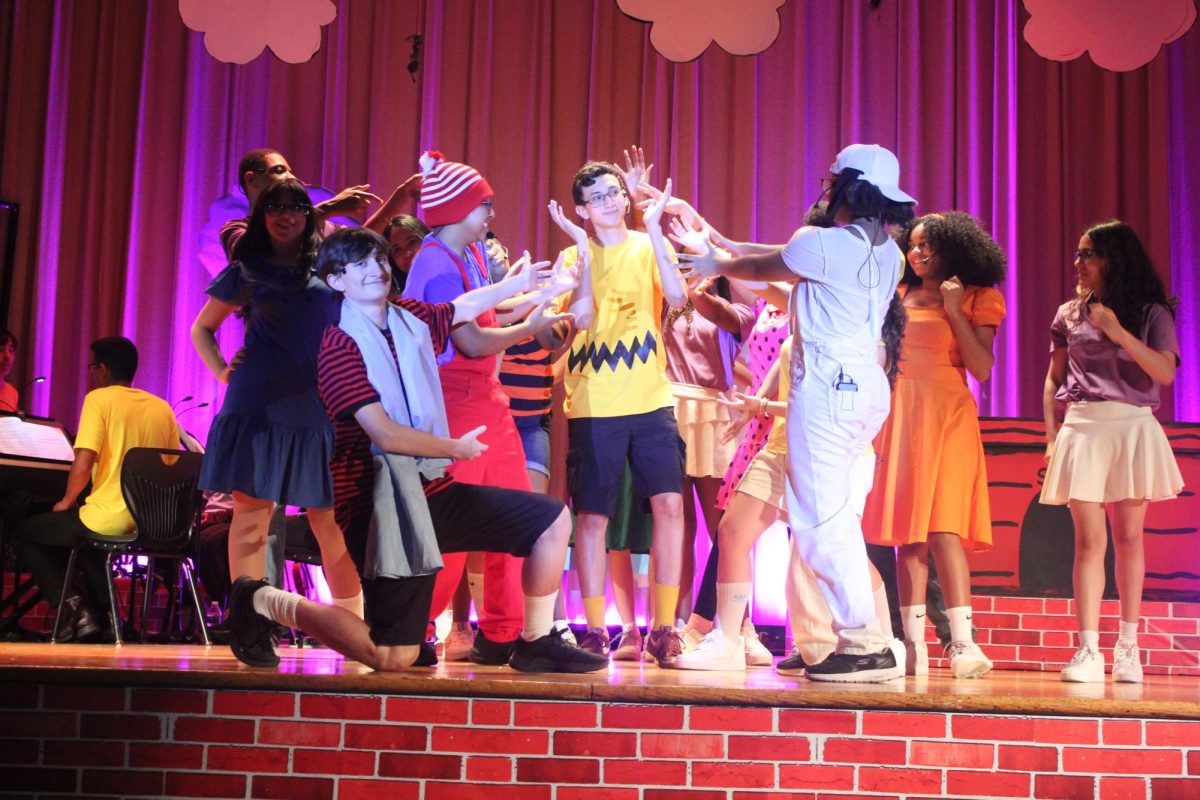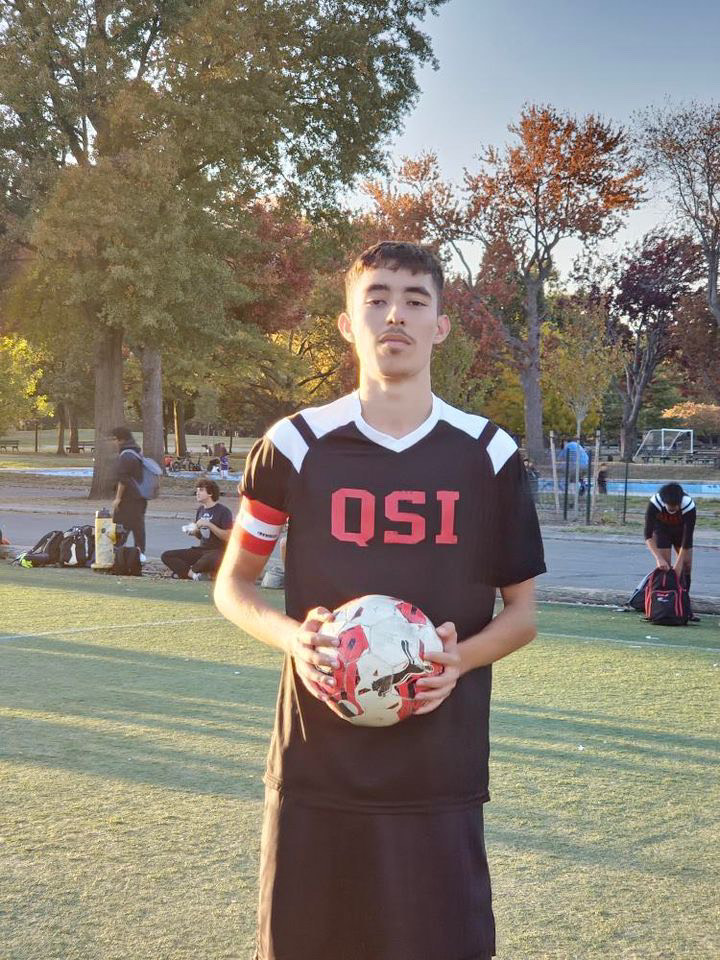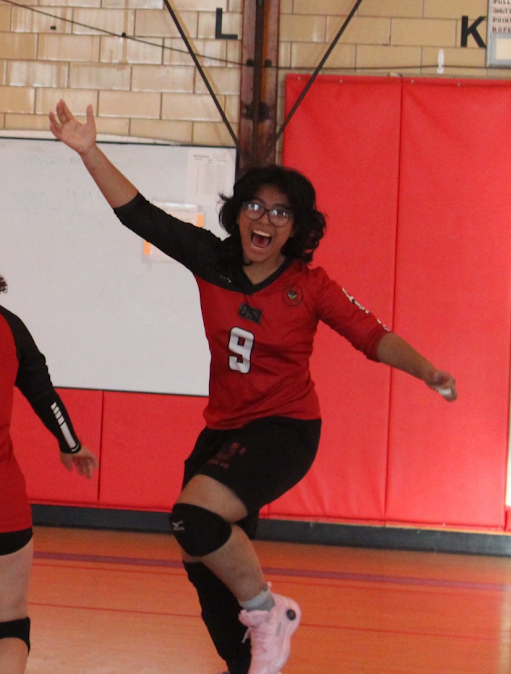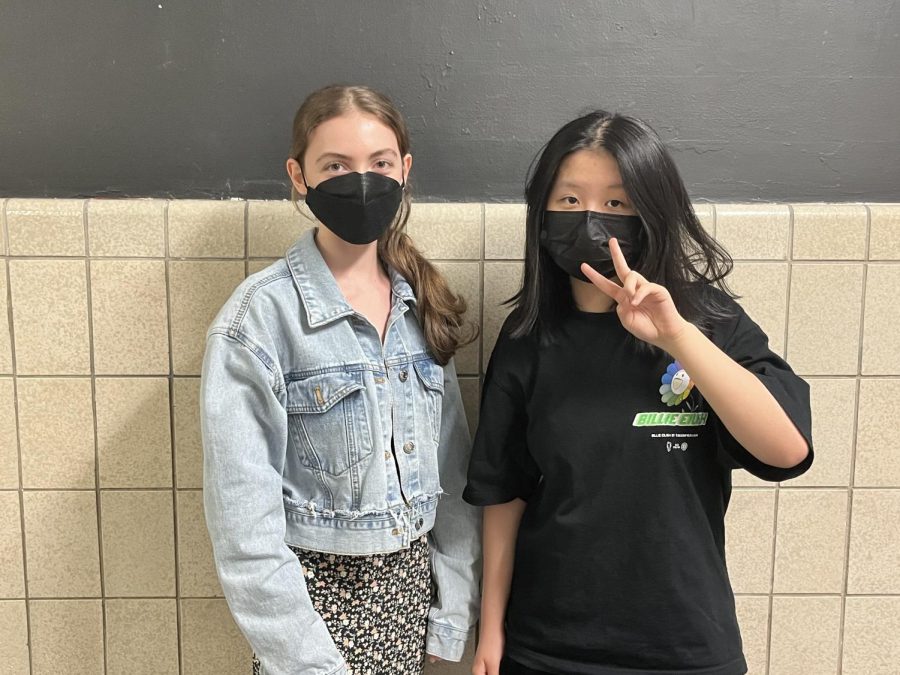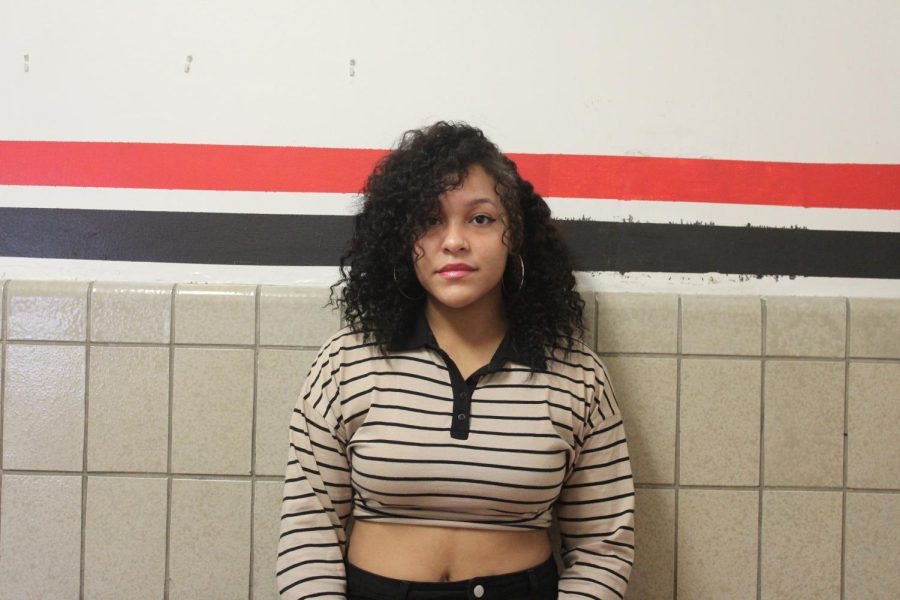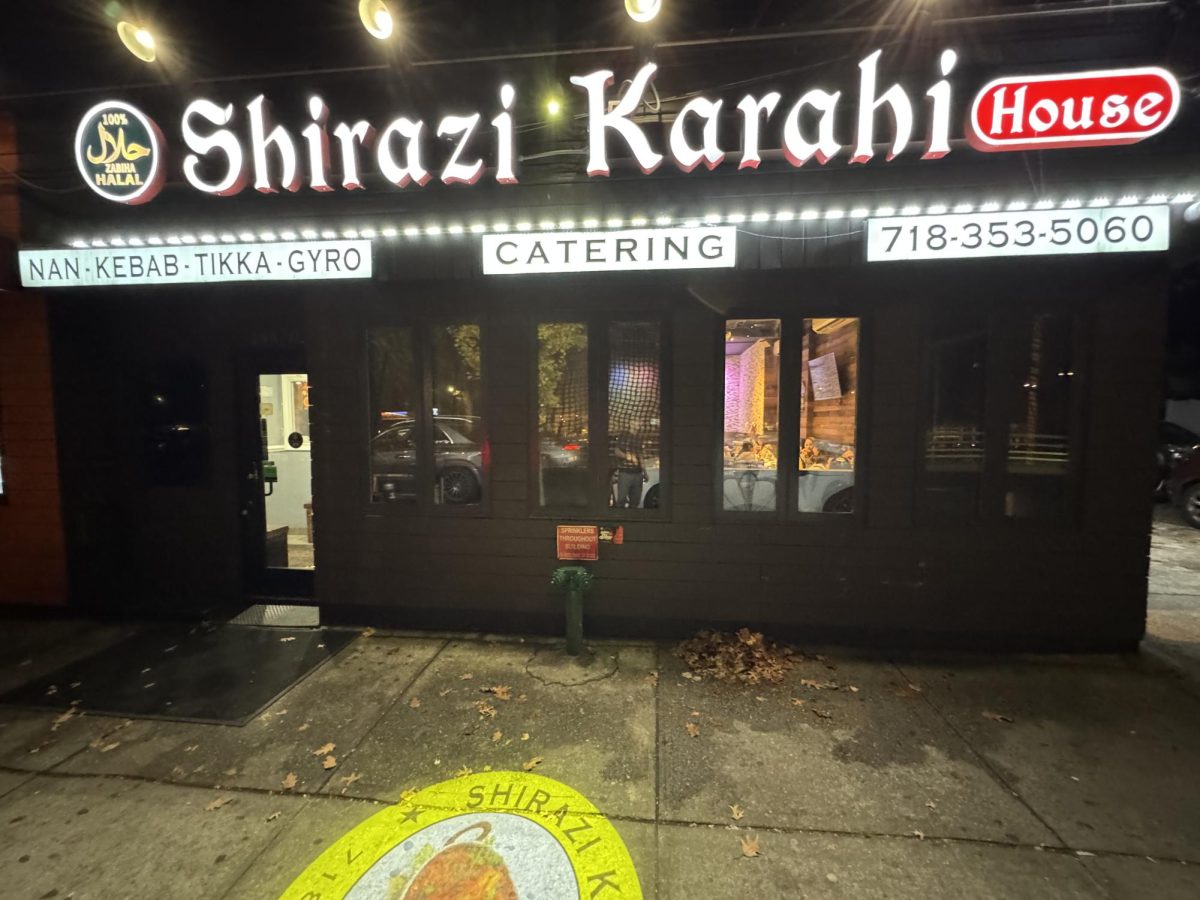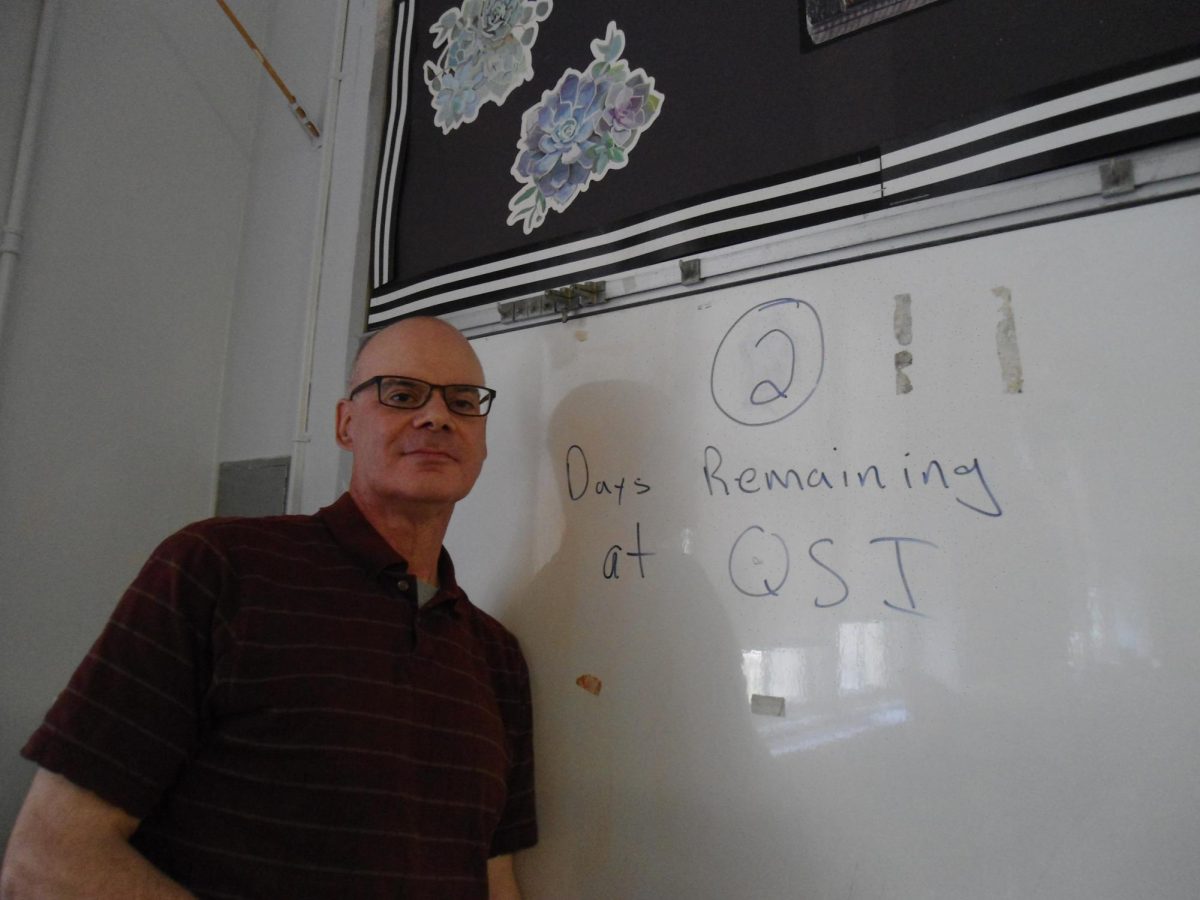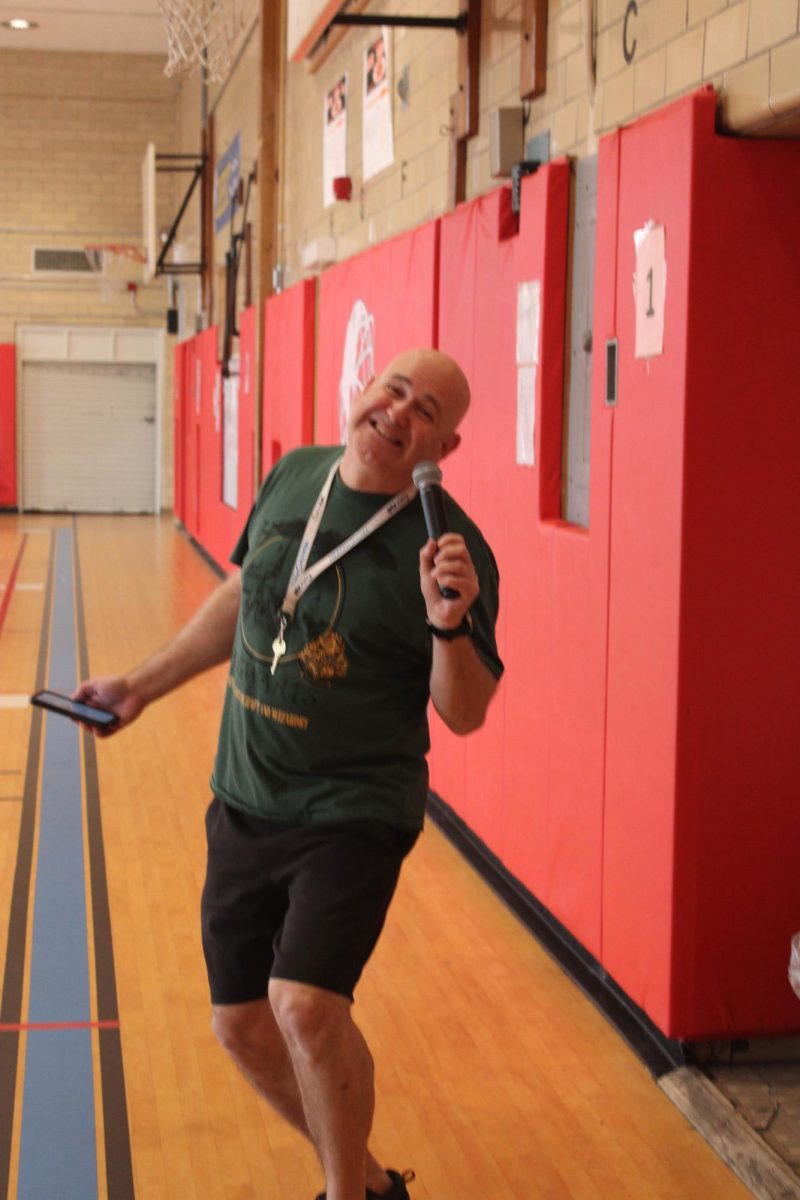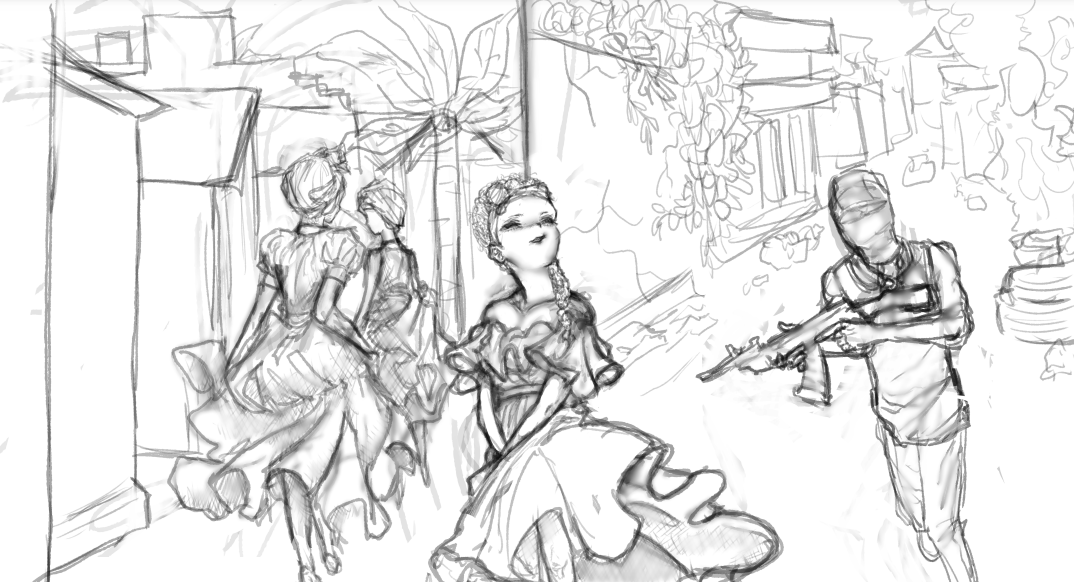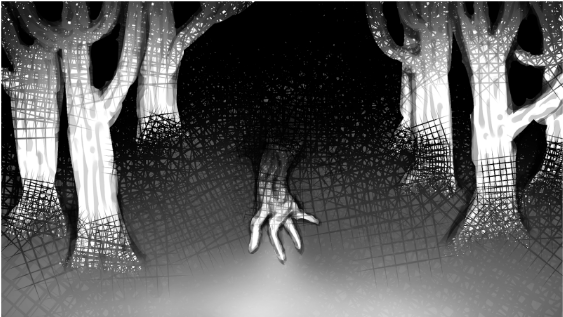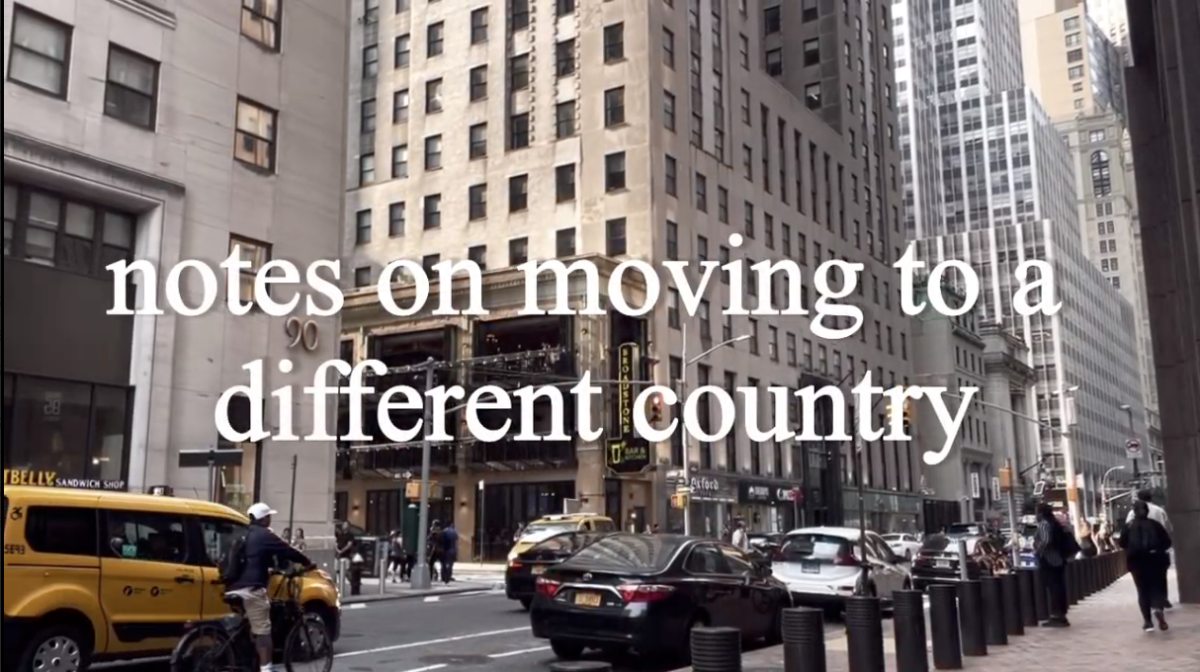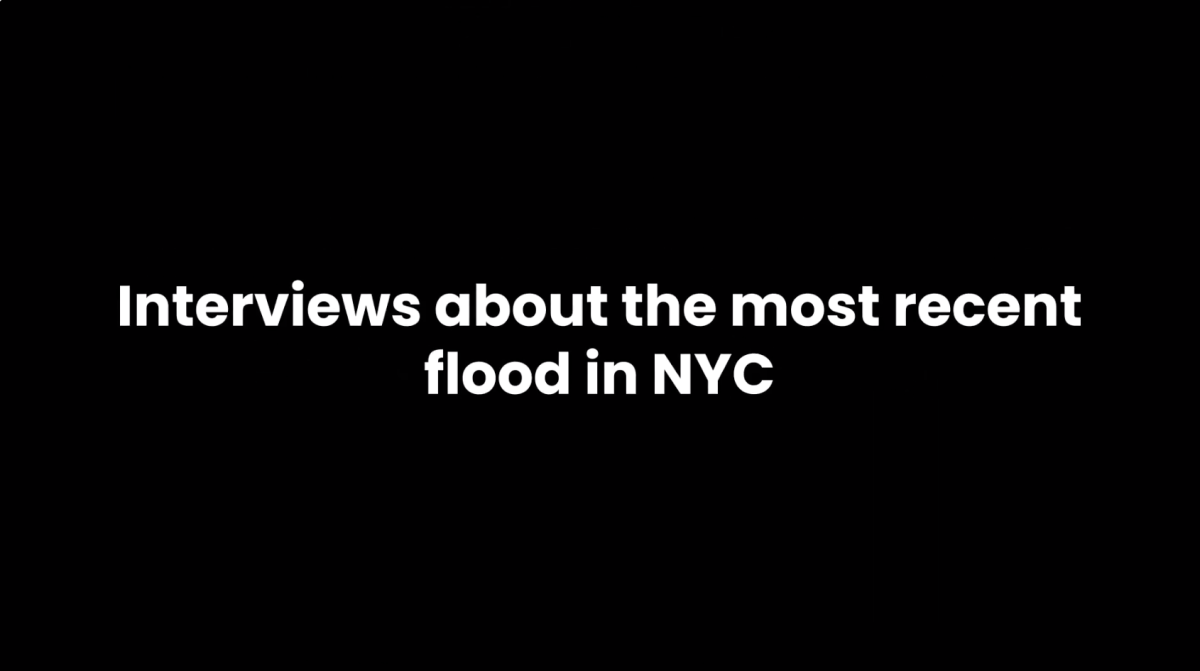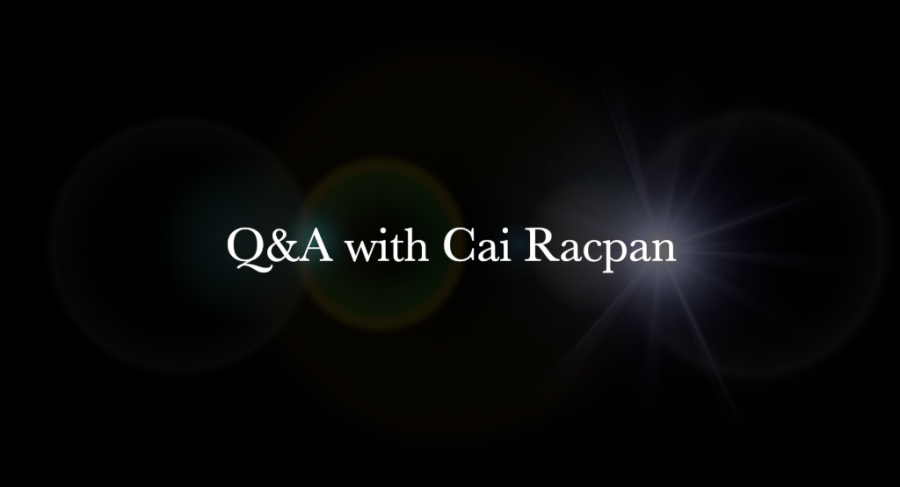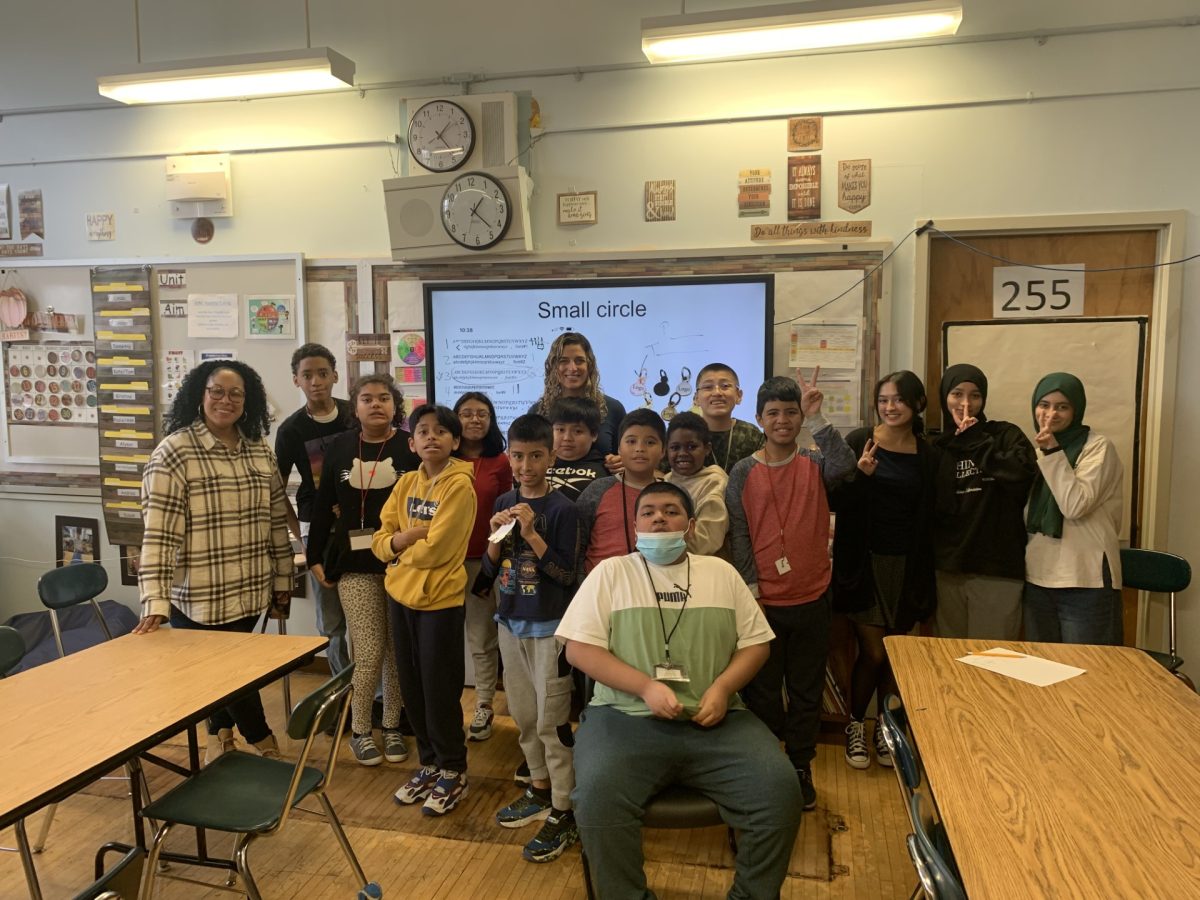When I think of Haiti, I like to imagine a country in the Caribbean known for its rich history of traditions and folklore. A colorful paradise with palm trees and beautiful oceans, as well as the graceful and elegant cultures all weaved into what makes a Haitian. A place I thought could be one of the most beautiful things this world would have to offer me. Instead, with all the recent developments to spring up these past years, it is shrouded by a black mist of gang violence and constant attacks.
In 2005, my mother, Eva Louis, one of the strongest people to ever exist, in my eyes, gave up everything she had in Haiti, important and successful businesses, her family and friends, to come to New York – leaving with barely any family behind her for a new life and to be able to have children in a safe environment where we could thrive.
Haitians have endured a lot. From the infamous 2010 earthquake that still is impacting the community today to the abandoned buildings littered across the country, to the multiple threatening remarks made by the soon-to-be president of the United States – as well as the citizens themselves – we have gone through struggles time and time again. But Haiti didn’t have to be a place that people, like my mother, leave. One must credit the French for the tragedy that still cloaks Haiti today.
Haiti was a French colony for close to two hundred years and they enslaved Africans to work on plantations there. Then,
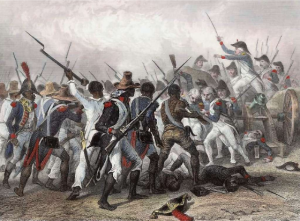
in 1791, gathering into groups with torches and sticks, enslaved Haitians rose up and fought for their freedom. By 1804, they had defeated the French and became the first nation to free themselves from slavery. Despite being a nation with many resources to trade, no other countries recognized Haiti’s victory, all wanting to keep their own slaves under chains and not acknowledge the strength they bare. This led to hardship in Haiti and it got worse.
In 1825, the French came in and demanded to be paid for their loss or encounter another devastating war – threatening with five hundred warships all equipped with cannons. The Haitian president submitted to this threat and Haiti paid France an “Independence Debt” for years and years to come.
The amount wasn’t even possible for Haiti to pay, it being six times more than the government’s income. But, that was the point. To keep Haiti in a “double debt” and ensure that Haiti took out loans from only French banks to pay it off. The debt cut away at Haiti’s revenue and led the country to be in ruins, not being able to fund itself to build up the essential infrastructure for its people.
Of course because of how devastating the entire scheme was, it is the main reason why Haiti is still suffering the effects of poverty today. This truth is not taught in schools, and the French government continuously downplays, or buries the events like it never even happened.
Even today, children can’t go to school without payment of some kind just to lessen the detrimental effects of loans weighing on the country. My mother tells me that “a lot of people don’t know how to read. To write.” And that the people are barely living on a suitable diet. A lot of my family has left Haiti for these reasons. They tell me that it isn’t a place to live – one couldn’t survive, barely survive at all, in those conditions.
But France isn’t the only guilty party; the United States is also responsible for Haiti’s condition.
The U.S. didn’t recognize Haiti when it gained its independence, but in the early 1900s, started slowly tightening its grip on Haiti, partly in fear of German influence getting to Haiti first, but mostly because of U.S. banking and business interests. In 1914, America seized control of Haiti’s banks, taking $500,000 in gold right out of the national bank. Then, in 1915, the U.S. invaded Haiti and took over the government, enforcing martial law and forced labor and putting a pro-U.S. Haitian in power. The new constitution was written by the U.S. and was completely in its favor.
Despite France and the U.S. controlling and exploiting Haiti, many don’t see this as the real reason as to why Haiti is the way it is now. Some of my own family members didn’t even, thinking to instead blame their own people for all their misfortunes instead of the outside world that had come to prey on them and profit from all Haiti has to offer. And many others, including Donald Trump, believe it is just Haitians nature, and their own fault, as to why the country ended up as a country in crisis.
Although the country underwent some means of a prosperous period during the U.S. occupation, it wasn’t enough to truly keep it above water. Many revolts took place because of the outrage from the U.S. military occupation, and as many as 3,000 were killed to silence the public as a result. After the U.S. finally left in 1934, dictator Duvalier (Papa Doc) was pushed forward into a position of power as president and began destroying all that progress through thoughtless violence and meaningless imprisonment. And his son, Baby Doc, continued the brutality.
My mother remembers being a teen in high school back in the days of Baby Doc’s rule, which lasted for 15 years (1971-1986). “When the regime, you know, … you have to have somebody in the government to have a job. That’s my country.” It was a scary time and I feel anxious when my mother tells me that if you were against the government, “your family can be disappear, … they going to be come for you and [your] whole family disappear.” It made it so “everybody was out for themselves, not for the country,” she says and that this was when the fleeing of the country truly began, the educated class running in droves.
Along with decades of political chaos and corruption and U.S. policies, many unfortunate natural disasters befell the country. In 2017, the role of president went to Jovenel Moïse. The gas prices were rising, and people were displeased. My mother tells me what she heard from people she knows that were still living in Haiti. “They don’t like it, people who don’t like his vision. Because, he wants to change things,” they tell her. They say that they “cannot live in that country. That country is very bad.” So much so that in 2021 Moïse was assassinated.
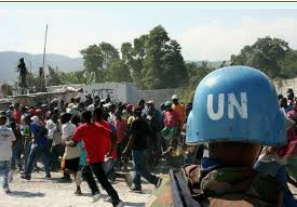
Currently, many Haitians are fleeing from the countless gang violence taking place in their former country for the chance at life in the U.S. They are looking to set up residency, grow businesses, and build a life for themselves. My mother knows what it’s like to leave. It’s not easy. “You had to build from the ground up. All that [one] was in Haiti, is nothing in America. It doesn’t translate.”
My mother stresses to me that getting out of Haiti is most important. “They go everywhere, they go where they can live,” Because, Haiti is in … you cannot live in that country… All the people who have money … invest, have their kids, they left the country.”
Though as to why specifically in the U.S. many immigrants – as much as 20,000 – had chosen Ohio, Springfield, that can be mainly contributed to the job opportunities. Many had heard of the work through word of mouth, as well as the low living cost and family in Springfield, which led to multiple people beginning to make the trek to a new world.
For being the first state to gain complete independence through a slave revolution, to being under dictatorship after dictatorship, Haiti has been constantly in misery. The life of a Haitian-American won’t be smooth sailing, though. Many Haitian families have made the same dangerous decision as my mother, to give up all for a country that doesn’t even welcome them.
I remember the nights when my mom would come home, dead tired from her job. As much as she was grateful to achieve her position, she’d always tell me stories of how people belittled her and how much she struggled to learn English in America. Many mocked her and thought she wasn’t able to even work because of how she couldn’t even understand the native language.
Since 2017, Donald Trump has been smearing and spreading anti-Haitian accusations such as them having AIDS and eating pets and putting all of them in a category as illegal. Now with him in power, many are in fear – including my own family – as to what he is capable of doing once he returns to the White House in January. Despite this, even now, my mother has been making efforts for more Haitians to be able to arrive into the U.S. for a better chance at life. Even now, she continues to send her support to all those still stuck and lost in Haiti. Even now, she continues to work hard, if not even harder on her feet every day, to continue to provide for us – her family.
By this time, there are a lot of Haitians that are scared, confused and unsure of the future. But time and time again, they have proven themselves to be resilient and build up slowly over what was lost, as the human race will always find any means to live another day, albeit even if it’s a short while. Haitians have always had themselves to look after each other, and even sometimes, when they felt like they couldn’t trust one another, to look out for oneself. Despite everything, they continue to persist, to live, and to thrive wherever they go. As evidence for this, I just have to look right in front of me, at my own family, who survived and will push on to be able to live the American dream.
